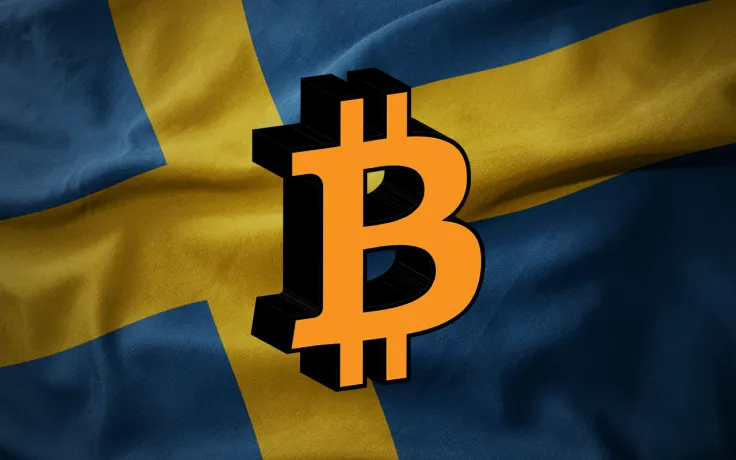In a lengthy Twitter thread, Riksbank, the central bank of Sweden, argues that Bitcoin and other cryptocurrencies are not money.
The price of Bitcoin has a high degree of volatility, which makes the largest cryptocurrency a poor store of value.
Despite being around since 2009, Bitcoin has also failed to gain any significant traction with merchants as a medium of exchange. According to data provided by Coinmap, 29,651 venues around the globe accept cryptocurrencies. This is a drop in the bucket compared to Visa's network of merchants, which includes more than 60 million locations. It is challenging to price goods in Bitcoin because the value of the currency fluctuates a lot. Hence, the largest cryptocurrency cannot function properly as a unit of account.
Riksbank has concluded that its assessment applies to other popular cryptocurrencies as well.
Last year, Riksbank Governor Stefan Ingves compared trading Bitcoin to trading stamps, predicting that private money will disappear sooner or later.
In the meantime, the Swedish central bank is moving forward with the development of its own digital currency called e-krona.
Last month, Riksbank announced that it had successfully conducted a trial to integrate its CBDC into legacy banking systems.
The central bank is yet to decide whether or not it will issue e-krona after years of research. It wants to solve technical issues, including finding possible suppliers, before making such a decision.
Sweden does not use the euro as its currency despite being a member of the European Union. In 2023, it is on track to become the world's first cashless society.



 Dan Burgin
Dan Burgin Vladislav Sopov
Vladislav Sopov